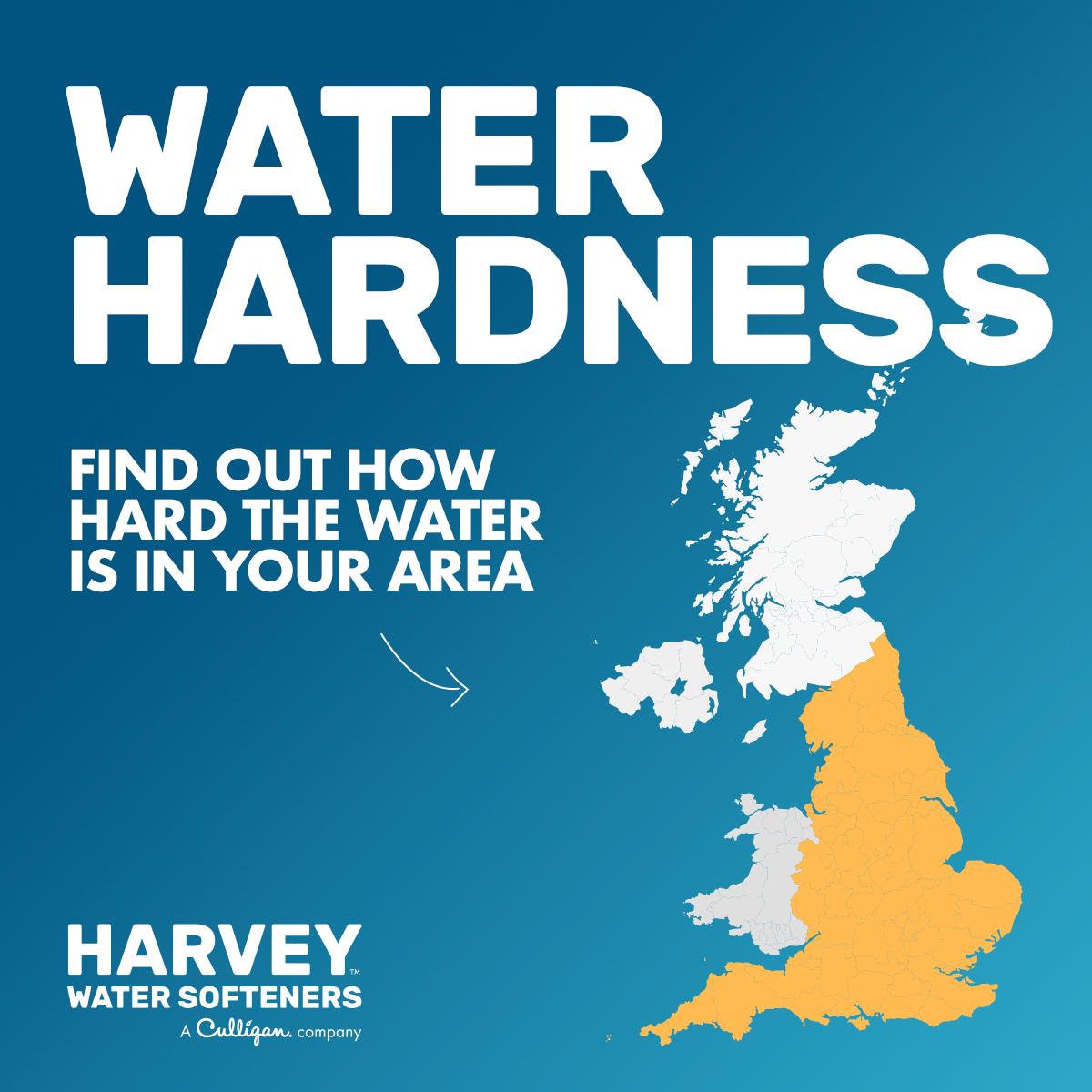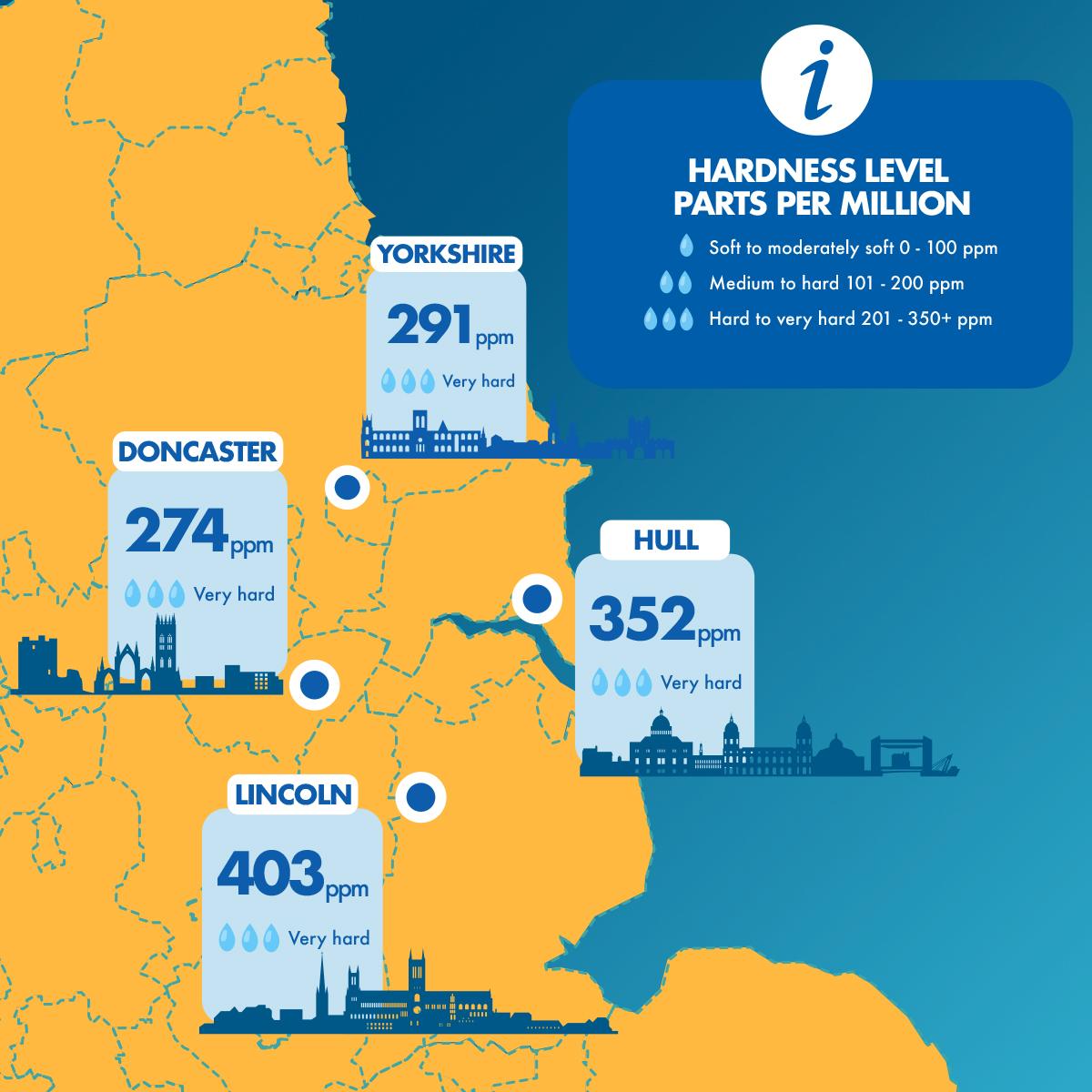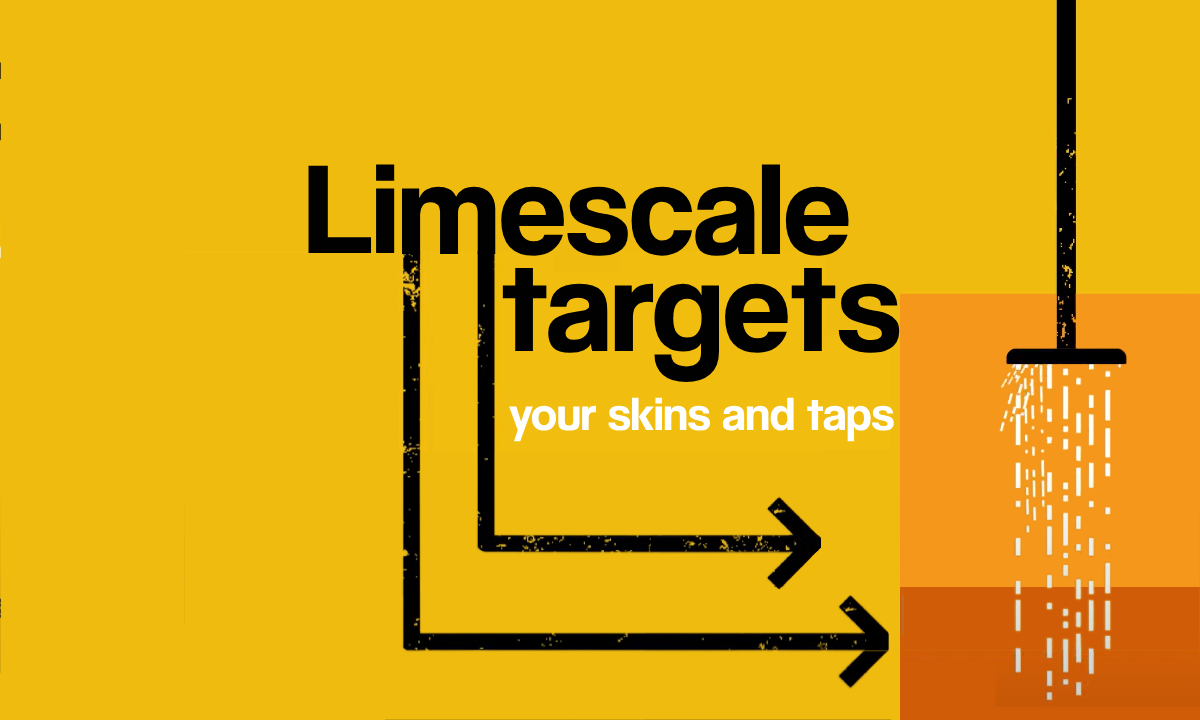Hard Water, Hard Times – Get Cheaper Water Bills with Harvey Water Softners



UK households can get cheaper water bills and save over £1k on yearly bills; research reveals that 60% of UK households1 (over 13 million) could save thousands on their annual bills by installing a water softener in their home.
With energy prices set to be capped at £2,500 for the next two years, and as the cost-of-living crisis continues to impact households across the UK, individuals are seeking ways to reduce their bills.
Research by the UK’s leading water softener company, Harvey Water Softeners, shows that switching to soft water could save households up to £1,100 a year2. This is because homes using significantly less products due to the benefits of using softer water.
Soft water helps lather up soaps and toiletries far better than hard water, so in turn, individuals won’t need as much to get the best results. From shampoo to scale removers (you won’t need to use the latter) the savings on these products could tot up to £594.12 for a family of four.
£184.47 can be saved on detergents such as fabric softener because these products react better with soft water, again, meaning less is needed.
Those living in hard water areas are more prone to limescale deposits building up within their heating system, which can cause blockages in pipework and boilers.
This reduces the overall efficiency of a heating and plumbing system, resulting in higher energy bills. With smoother running appliances, you could save up to £115.88 on gas and electricity bills.
And because with less limescale build up appliances will work better and lost longer, £181.90 can be saved on appliance maintenance and repairs.
UK households save over £1k on yearly bills; the regions deemed to have the hardest water supplies in the UK are:
| Region | Water hardness (PPM)3 | Potential soft water savings |
| North East | 292ppm | £1076.37 |
| Yorkshire & Humber | 202ppm | £1040.66 |
| East Midlands | 260ppm | £1063.58 |
| South West | 258ppm | £1062.75 |
| East | 315ppm | £1085.36 |
| London | 291ppm | £1075.98 |
| South East | 295ppm | £1077.39 |
Tony Jones, General Manager at Harvey Water Softeners comments, “For those living in a hard water area, one way of offsetting soaring energy bills over the long-term is to install a water softener. As indicated by our research, doing so will help many individuals and families bring down their yearly energy bills, as well as improve the efficiency of their heating system.
“Softened water can benefit everyone, which is why there are flexible options available and a variety of sizes to fit any home, with friendly UK-based experts on hand for ongoing support.”
Harvey Water Softeners is expanding operations to the North of England, bringing with them their expert understanding of how to tackle the perils of limescale for thousands of residents living in hard water areas.
To find out more about how hard water could be impacting your household, visit the interactive soft water savings map.
Notes to Editors
1Energy price cap figure is taken from Ofgem’s report featured in The Money Edit – https://www.gov.uk/government/publications/energy-bills-support/energy-bills-support-factsheet-8-september-2022
2Soft water savings figures taken from Hard Water, Hard Times map – https://www.harveywatersofteners.co.uk/hard-water-hard-times/
3Hard water is represented as parts per million (PPM) of calcium and magnesium starting from 100ppm
4Study by the University of Sheffield and King’s College London taken from – The hard truth about eczema: it’s something in the water
5Study linking eczema to domestic water with high mineral content can be found in this Wiley study – https://onlinelibrary.wiley.com/doi/10.1111/bjd.21771

